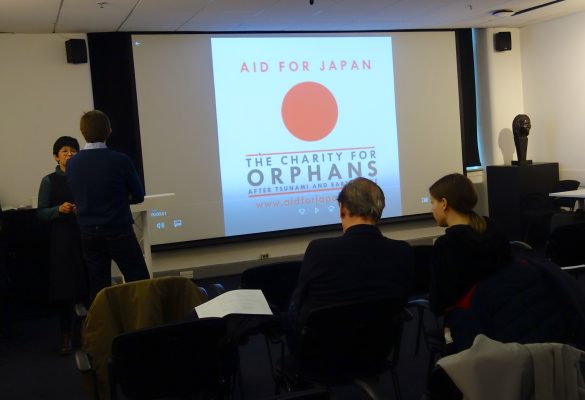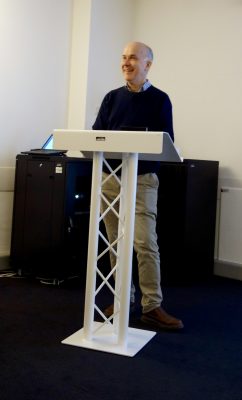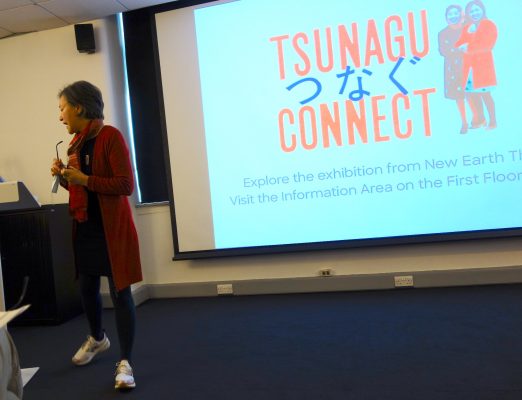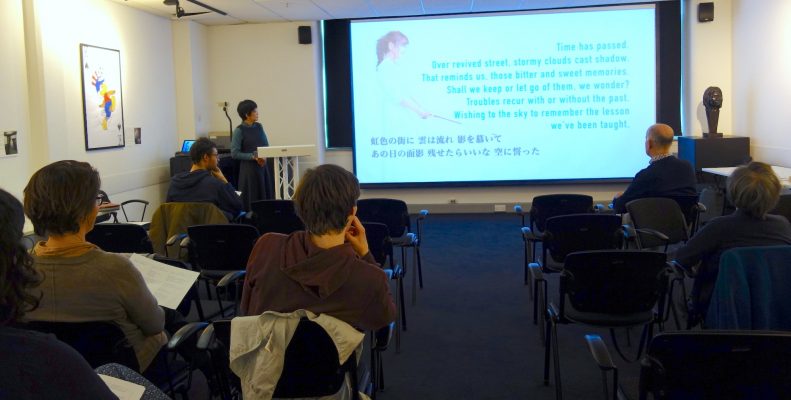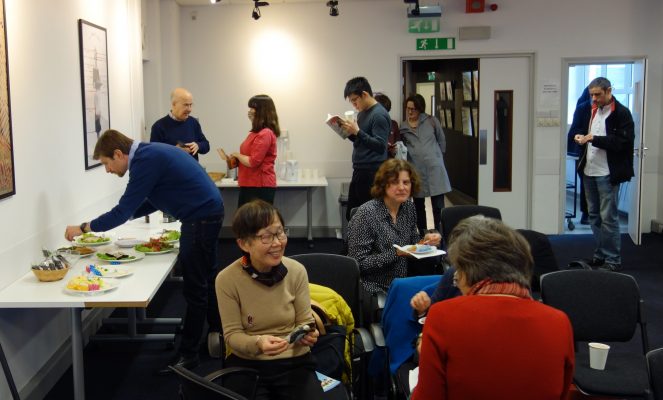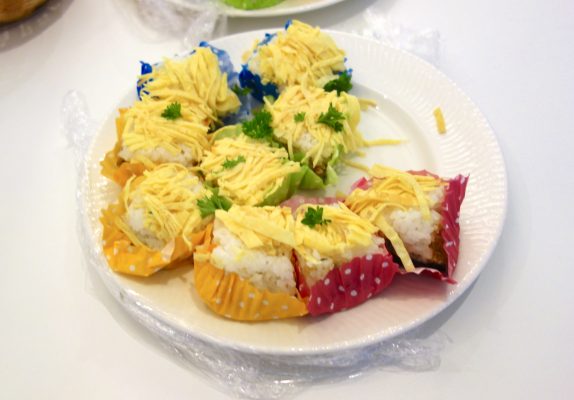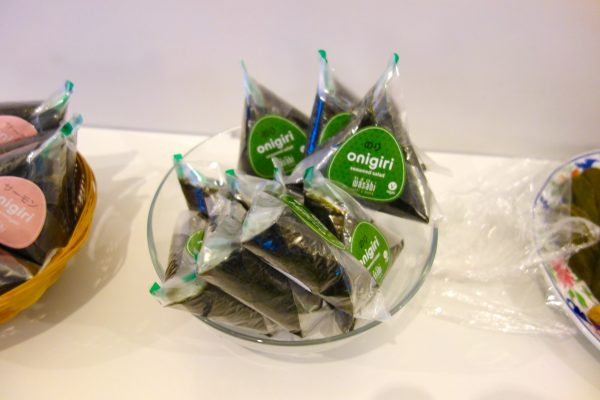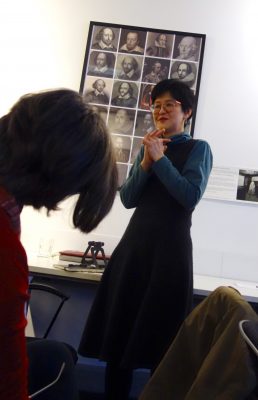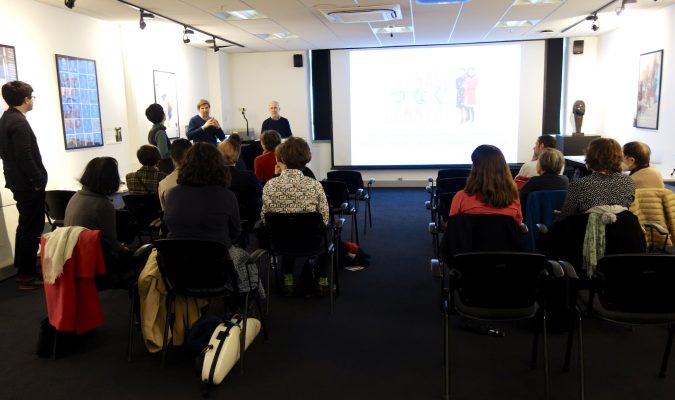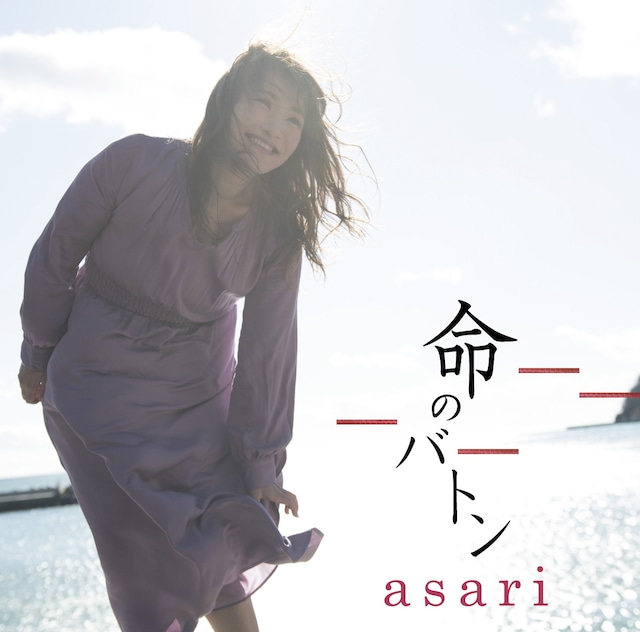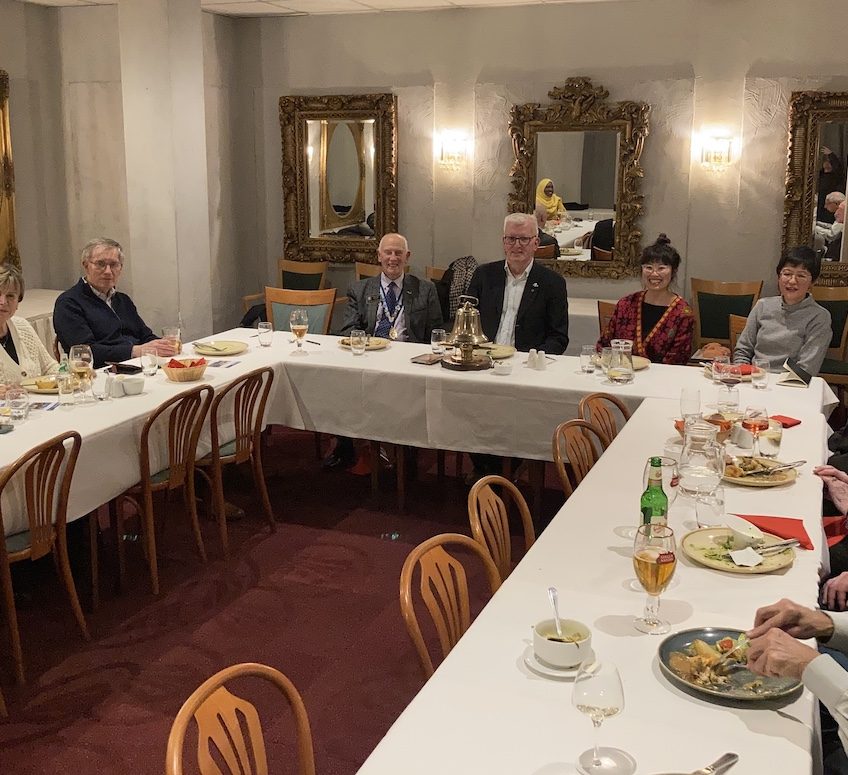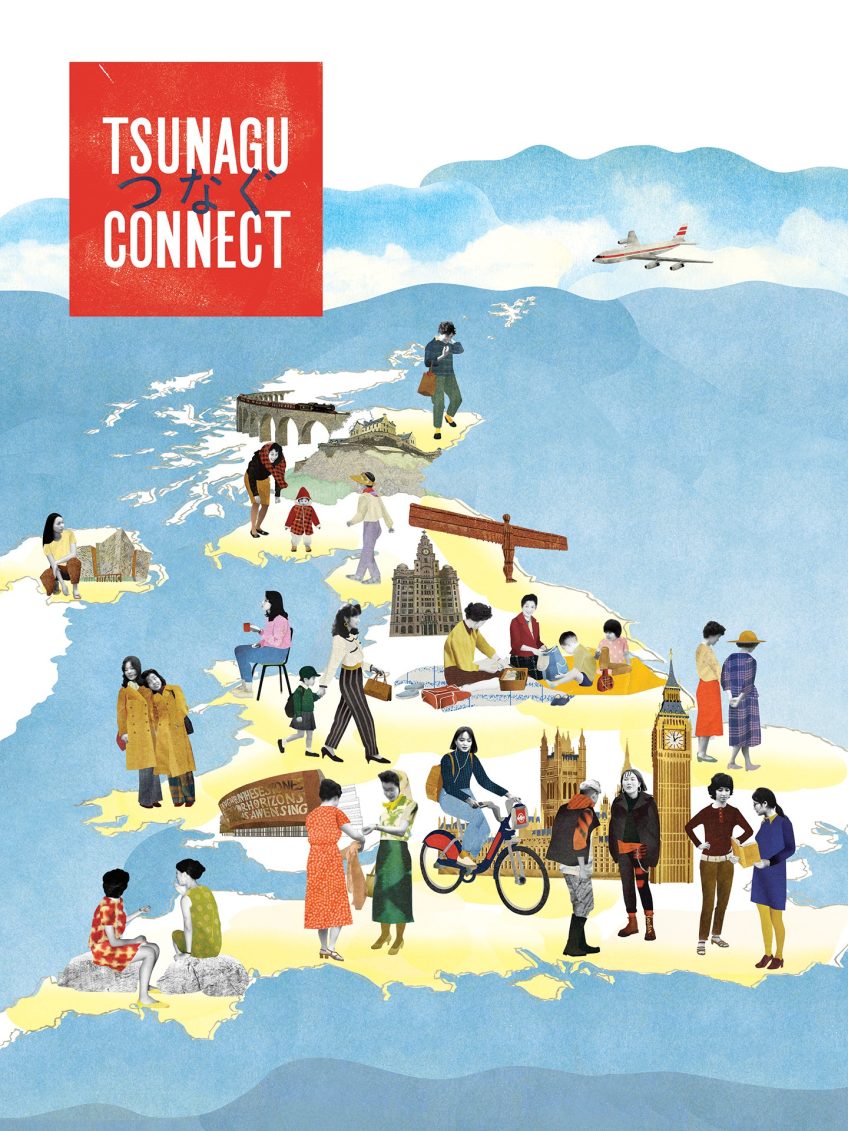Aid For Japan 11th Anniversary Event
2022 marks the 11th Anniversary of the Great East Japan Earthquake and Tsunami
As well as the loss of life that this devastating event resulted in, hundreds of children also lost their parents and families. To commemorate the anniversary Aid For Japan staged a special event that combined a showcase for Japanese culture, alongside an exploration of Aid For Japan’s activities and goals for the future.
This event was, understandably, a little sadder as it was the first charity event that didn’t have the presence of Akemi Tanaka who sadly passed away in 2021. At the same time, Aid For Japan is getting ready for change as most of the orphans that the charity has supported have now grown up. On that basis, the charity is looking to the future and carrying Akemi’s legacy forward.
For this year’s anniversary Aid For Japan was kindly given space at the London Metropolitan Archives. The LMA is the archive repository for Greater London, and the earliest record they hold dates from 1067; the archives today charts the development of the capital into a metropolis.
We also shared the space with the Tsunagu/Connect exhibition, an oral history project featuring Japanese women who settled in the UK after 1945. Curated by New Earth Theatre, a theatre company for members of the British East and South East Asian community, Akemi was among the women who had been interviewed. Tsunagu/Connect provided a fascinating backdrop of migration stories and impressions of the UK from a unique Japanese perspective.
Order of events
The charity event was preceded by an introductory talk from LMA Director, Emma Markiewicz, on the purpose of the archive. Aid For Japan was the first community event that the archive had hosted since the advent of the pandemic.
Covid-19 continued to be an issue as Rimika Solloway, Akemi’s daughter and director of the charity, had unfortunately come down with the illness and so was unable to attend. Richard Pennington, one of the charity’s trustees and Akemi’s husband, dutifully took over the coordination of the event on the day in her absence.
To begin with, Richard gave a talk explaining the history of Aid For Japan and its plans for the future. This included the fact that some of the orphans that Aid For Japan has helped in the past have expressed a willingness to take a more active role in the charity and thus to help others.
As Richard explained:
So, the charity’s aim is to let them tell their stories about how they survived the earthquake, how they coped afterwards and thrived. Our intention going forward is to bring more stories about the emotional impact natural disasters have on individuals and communities.
These people experienced and survived one of the worst natural disasters ever recorded in human history. This is why their stories are worth telling. Aid For Japan aims to raise awareness about natural disasters and to learn from them about how to cope with collective grief.

The event then gave Kumiko Mendl, curator of the Tsunagu/Connect exhibition an opportunity to talk about why the project was created and their future plans. Tsunagu/Connect Live represents the next phase of the endeavour where the New Earth Theatre will stage what it describes as “an immersive promenade adventure”, which will showcase the stories of those Japanese women who have settled in the UK.
The assembled attendees took a lunch break, giving them a chance to look at the Tsunagu/Connect exhibition themselves, as well as enjoying some tasty Japanese food kindly donated by Wasabi at Chancery Lane. Plus some home-cooked traditional Japanese food that charity trustee Yuka Harada-Parr provided.
Art of Translation
Yuka hosted the next segment of the afternoon’s activities titled The Art of Translation. As an experienced teacher and translator, Yuka discussed the soon-to-be released song from Japanese singer and musician asari. Using the original Japanese lyrics for ‘Share’, Yuka explained some of the trickier parts of translating Japanese, while also trying to maintain the nuance of the language. Yuka then invited the audience to help with providing a suitable English translation for asari’s lyrics.

Maria-chan’s Interview
One of the orphans who Aid For Japan has supported since the disaster is Maria-chan. As part of this event, she kindly contributed an interview for a special video presentation to let supporters of the charity get to know her better. Maria-chan would like to support others who have suffered emotional hardship due to the disaster, and by telling her story she is allowing others to share theirs.
During the video, Maria-chan chatted about her hobbies and interests which included her favourite film (Titanic) and favourite hobby (riding her motorbike!) At the moment, Maria-chan is studying fashion at a Tokyo university. The video shows Maria-chan has blossomed into a bright and engaging character. Aid For Japan is very proud of what she’s achieved!
https://www.youtube.com/watch?v=PbHJ6Abac0Q
Saito-sensei and Natural Disaster Workshops
Saito-sensei is one of the people that Aid For Japan has been in regular contact with over the years. As part of the afternoon’s talks, Yuka presented what Saito-sensei is currently doing in Tohoku.
Headmaster of a school hit by the Great East Japan Earthquake and Tsunami in 2011, Saito-sensei is someone with a keen personal interest in the aftermath. He is now running workshops on disaster management and disaster prevention, providing relief for the people of Miyagi Prefecture and the surrounding affected areas.
Recently, Saito-sensei conducted a lecture series titled Live and Let Live about how to continue with normal life after going through such a life-changing event.
That was the worst natural disaster in living memory for Japanese people. My community including myself have gone through great loss. We are changed people, but we must continue to live as normal

Rounding out the event’s activities, Yuka took the audience through a typical Japanese disaster drill. This drill was not only for earthquakes, but also for other natural disasters that might affect the Japanese populace. Natural disaster prevention is a part of the National Curriculum in Japan. In Tokyo local nursery, primary and secondary schools must conduct a disaster drill 11 times a year. In the high schools, they must have drills more than 4 times a year.
Following the drill demonstration, Yuka invited the audience to take part in a quiz to see how much they had learned. One lucky attendee scored high points and, as a result, took home a special emergency survival pack used in times of disaster in Japan, which included a bottle of water and some dried noodles.
Attendees walked away from the event with a stronger impression of the impact the events of 2011 had made on people’s lives – as well as the difference that Aid For Japan is trying to make.
Aid For Japan would like to extend its grateful thanks to Emma Markiewicz and Symeon Ververidis and the staff of London Metropolitan Archives for their kind assistance; Kumiko Mendl, Lian Wilkinson and the team behind Tsunagu/Connect; Peter Berry, Johanna Mattick and the team at the Chancery Lane branch of Wasabi; asari and Saito-sensei. Special thanks to Maria-chan.
New Earth Theatre’s Tsunagu/Connect Live takes place between 23rd and 20th April 2022 at Shoreditch Town Hall. More details: https://shoreditchtownhall.com/whats-on/tsunagu-connect

